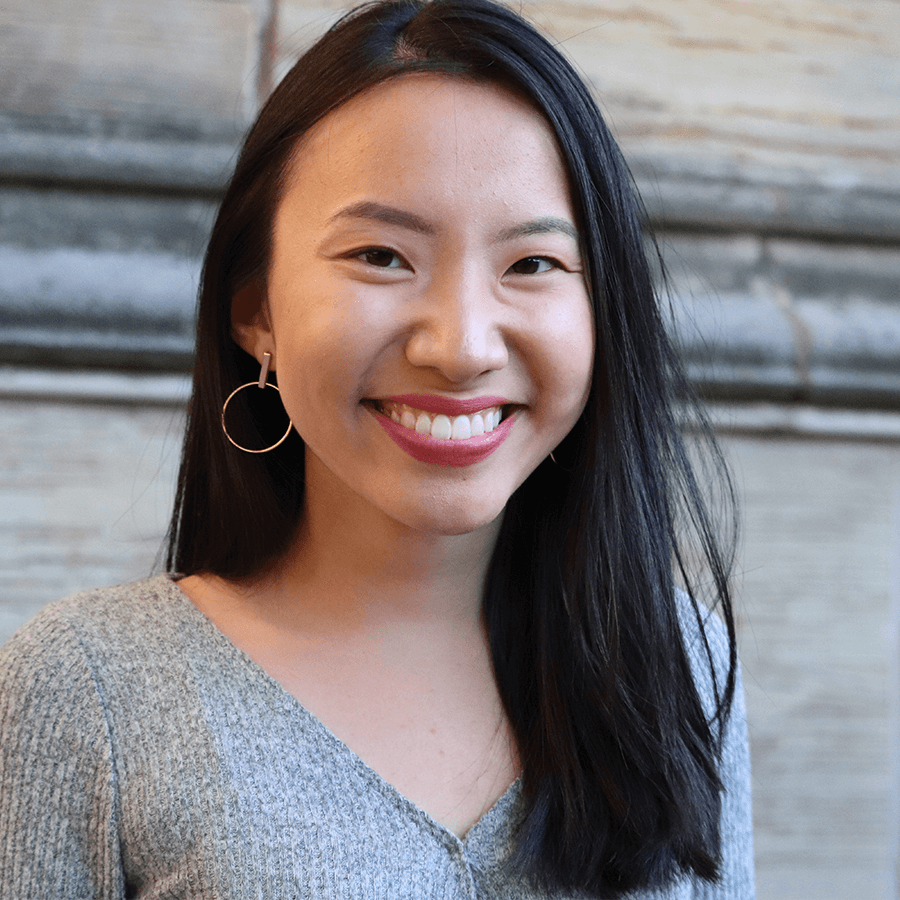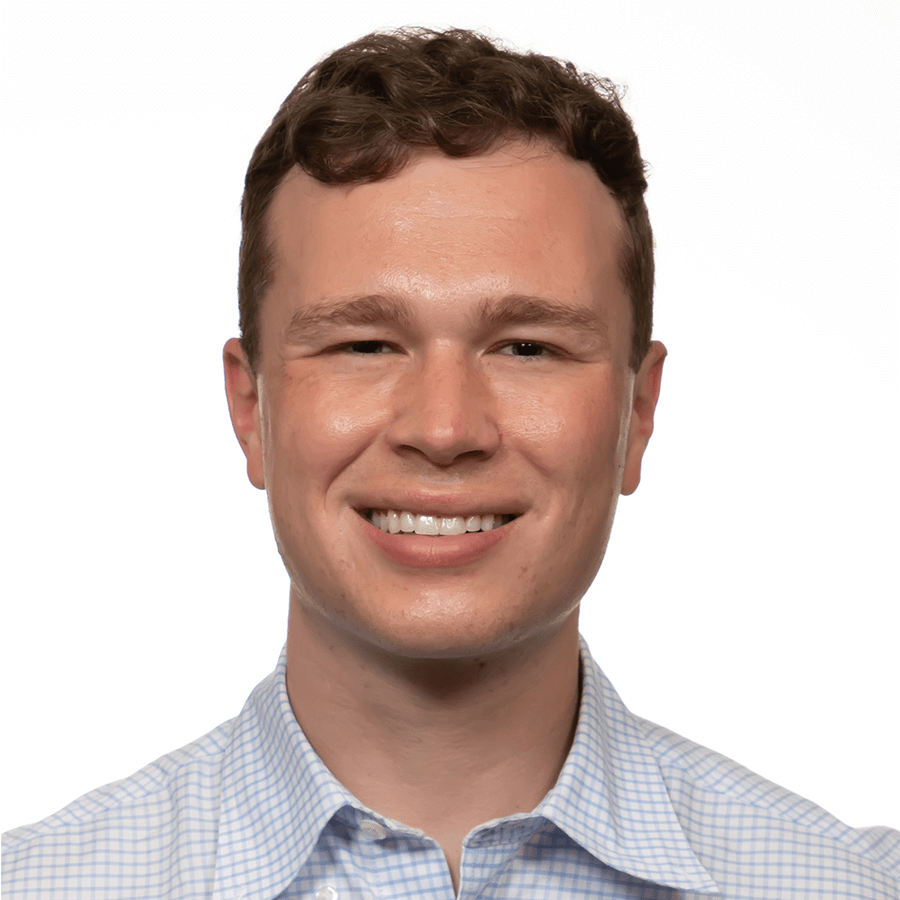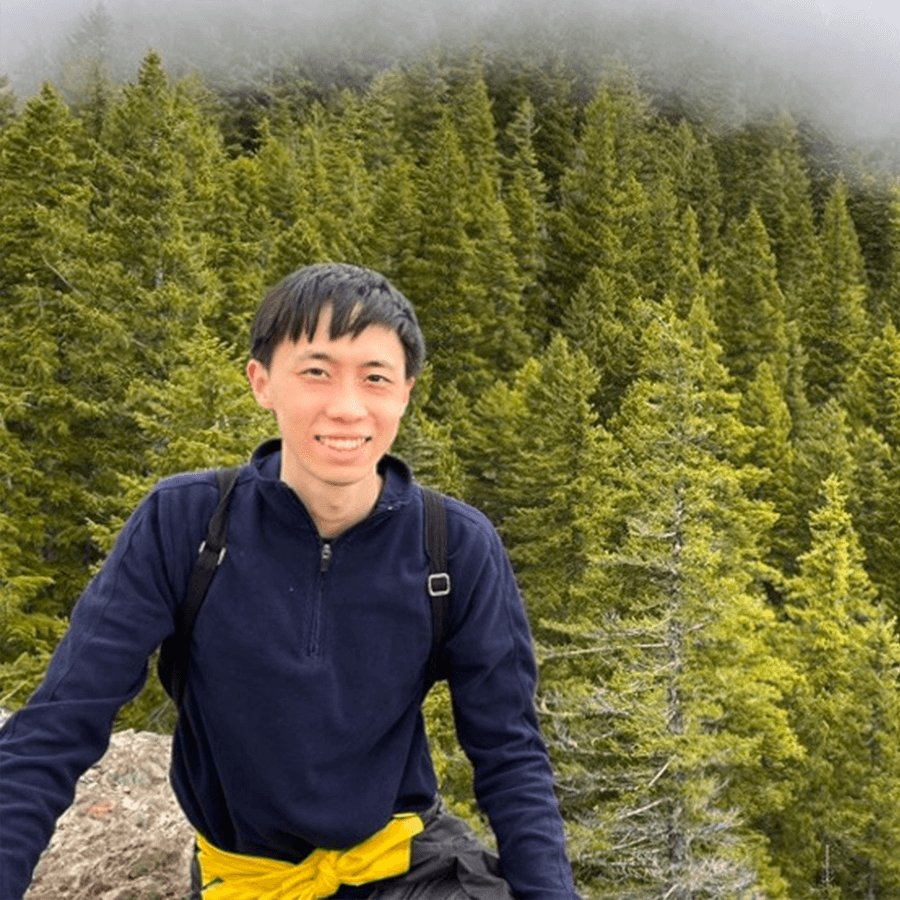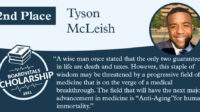How can we best prepare for the challenges of the future of healthcare? One way is by listening to the physicians of tomorrow. As part of a commitment to supporting the doctors of the future, BoardVitals awarded its fourth annual Medical School Scholarship to three winners.
For the 2023 BoardVitals Medical School Scholarship, we asked current medical students to answer the question: “What is one challenge you foresee in the future of healthcare and how do you hope to use your role as a future doctor to address it?” We received many responses and painstakingly narrowed it down to a few standouts.
Check out the winners and what they wrote about below:
1st Place: Katherine Du

Katherine is a medical student at the University of Pittsburgh School of Medicine. She is a co-founder of Mindful Exchanges, a global nonprofit that hosts free mental health seminars for youth in various communities. Outside of her studies, Katherine loves figure skating.
In her essay, Katherine writes about the growing mental health crisis, and need for support. She touches on her experiences in middle and high school, as well as how she hopes to use her role as a physician to promote mental wellness education. Here is an excerpt:
“There is also a need for earlier access to mental health conversations for youth. In middle school, my best friend sat me down at the mall and told me that she had attempted suicide. At the time, no one ever talked about mental health, much less knew how to support a friend who was struggling. Hence, as a college student in the midst of the pandemic, I started Mindful Exchanges to teach free virtual mental health seminars for youth in underserved communities. Since then, we have taught over 1,000 students in seminars from Bangladesh to New York, from communities where mental health is stigmatized to those with gun violence. We were also invited by the Gates Foundation to speak on youth mental health. My medical training will add new perspectives and resources to these mental health seminars, as I strive to advocate for youth mental wellness around the globe. My medical expertise will guide me in offering recommendations for students who require more advanced mental health care, and collaborations with therapists, social workers, and educators will allow for the integration of our areas of expertise when treating each individual.
Lastly, I aim to use my role as a physician to advocate for policy changes that protect the mental health of US citizens. Healthcare policy has a profound effect on the daily lives of individuals, and having medical perspectives represented in these political conversations will allow for widespread changes in mental health care. Pushing for government-level reforms prioritizing mental health will nurture more open conversations surrounding mental illness and increase access to treatments. For example, I conducted a published research study characterizing mental health urgent care centers in the US, which are emergency rooms that specifically address mental health concerns. The majority of government-sponsored mental health urgent care centers opened in underserved communities and momentously broke down barriers to care for those that otherwise would not receive access. These are the types of comprehensive, nation-wide changes that I hope to promote in collaboration with policymakers.“
2nd Place: Gino Dettorre
Gino Detorre is a medical student at the Washington University School of Medicine in St. Louis. He has worked abroad in medical research in both Argentina and England. After medical school, he hopes to pursue a career in global medicine.

In his essay, Gino wrote about the growing trend of distrust towards clinicians by patients. He describes his experience during his clerkship year, and how he hopes to work as an ICU intensivist to bridge the gap between practitioners and the public. Here is an excerpt:
“Having completed half of my clerkship year, I have noticed a trend of distrust towards clinicians by patients. This is understandable, especially in light of the COVID-19 pandemic, as communication regarding scientific discoveries was likely difficult for many members of the public to understand. Nonetheless, residents and attendings have expressed dismay over this refueled distrust of scientific research. I anticipate this will be a challenge complicating patient care for years to come.
Throughout my clerkships, I have taken extra time to note which patients are hesitant to accept or are outright refusing treatment, speak with them individually regarding their concerns, and at times being able to convince patients to make the decision in the best interest of their health while respecting their trepidations. It is this general distrust of medicine by the public that has motivated me to work with the Committee on Scientific Issues of the American Medical Association Medical Student Section to continue to propose policy resolutions that are backed by timely scientific research, with a special focus on how scientific advances and the work of the AMA are viewed by the general public. This issue is one that will likely be central to my future practice.“
3rd Place: Jake Wong
Jake Wong is a medical student at the Medical College of Georgia. Outside of his studies, Jake loves ice skating.
In his essay, Jake wrote about addiction, and how while doctors treat the complications of substance abuse, they often overlook treating addiction itself. He touches on his family’s experiences, as well as how he hopes to help his future patients emphasize recovery in their treatments. Here is an excerpt:

“In hospitals, I saw how doctors treated the manifestations of an addiction disorder but rarely directly addressed addiction as its own health concern. When my father saw his doctor repeatedly for atrial fibrillation, there was no discussion of his drinking history, despite his heavy alcohol use being a major risk factor for his condition. In the ER, I saw exhausted doctors prescribe opioids for pain, even to returning patients with a known history of addiction. And for dozens of patients in the cardiac ICU with an active smoking history—a strong risk factor for heart disease—only a few cardiologists directly counseled their patients on smoking cessation. In most cases, doctors effectively managed acute medical problems through medications and procedures. But either knowingly or not, they also deferred substance use disorders for someone else to manage—a social worker, a family member, or the patients themselves.
This culture of sidelining addiction is concerning in light of recent public health events. The opioid epidemic remains a national crisis; vaping products containing nicotine and THC are spiking in popularity; and during the pandemic, alcohol-related deaths rose sharply, consistent with research that isolation is a strong trigger for substance abuse relapse. Physicians specifically trained in addiction medicine are at an all-time shortage relative to national demand1. Taken together, the healthcare industry has fallen short of fully caring for patients struggling with addiction. This is a pattern that will likely persist and grow into the future as the pool of new synthetic drugs and substances continues to evolve. New patients will join a large preexisting pool of underserved patients struggling with addiction, and under current trends, the burden of addiction on national health spending will continue to increase.“
Congratulations to all of our winners!




